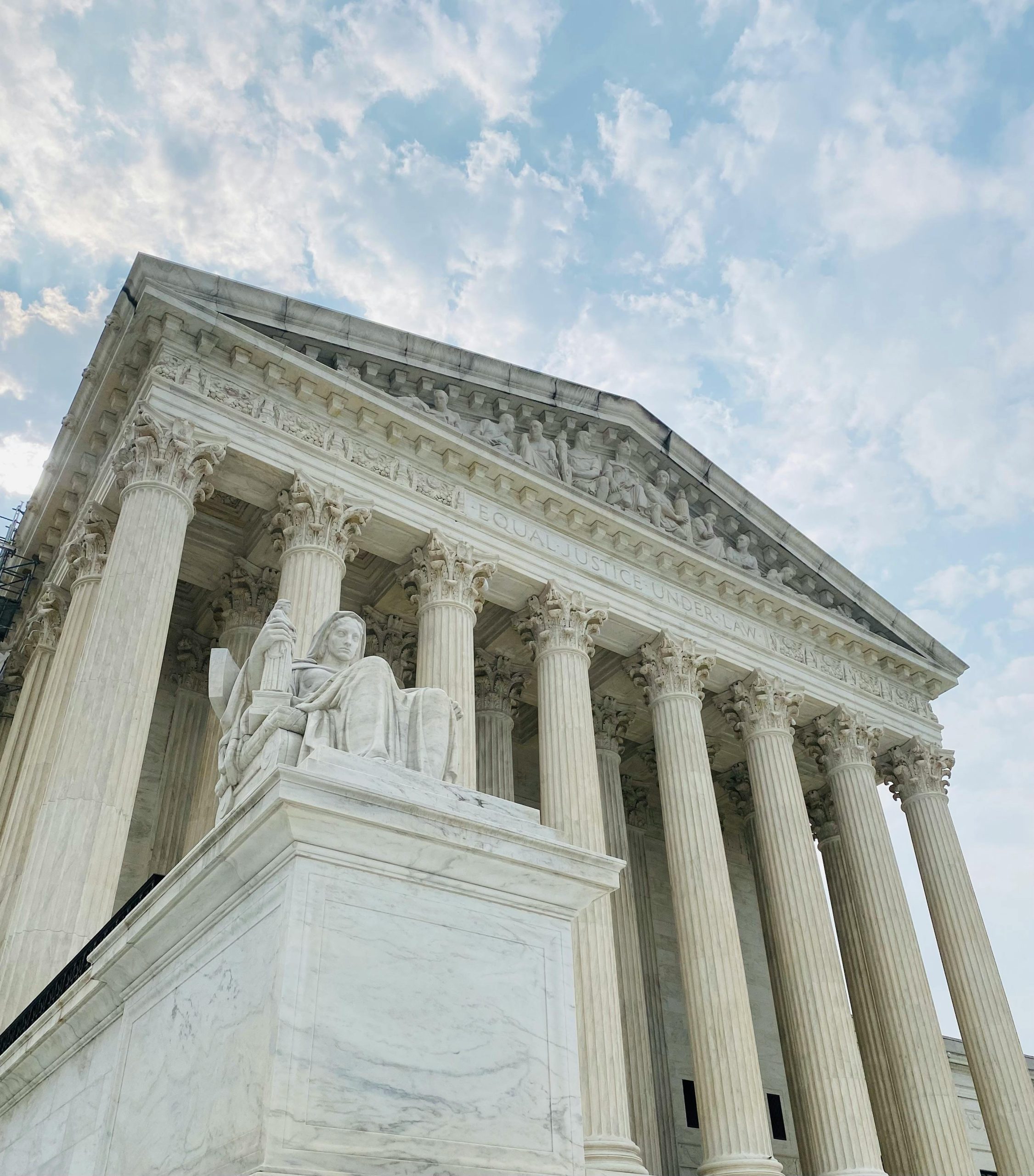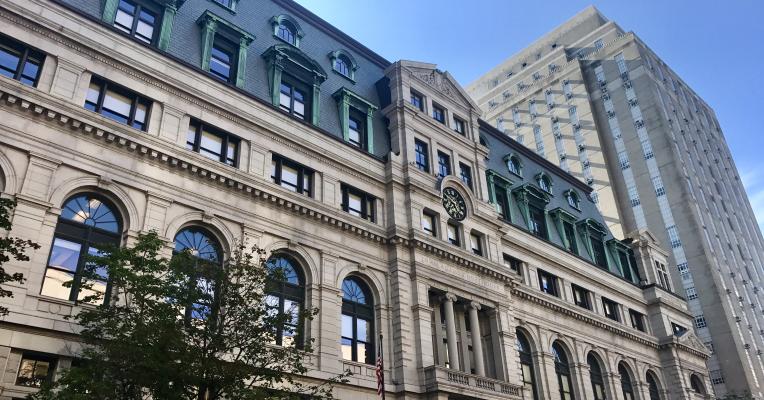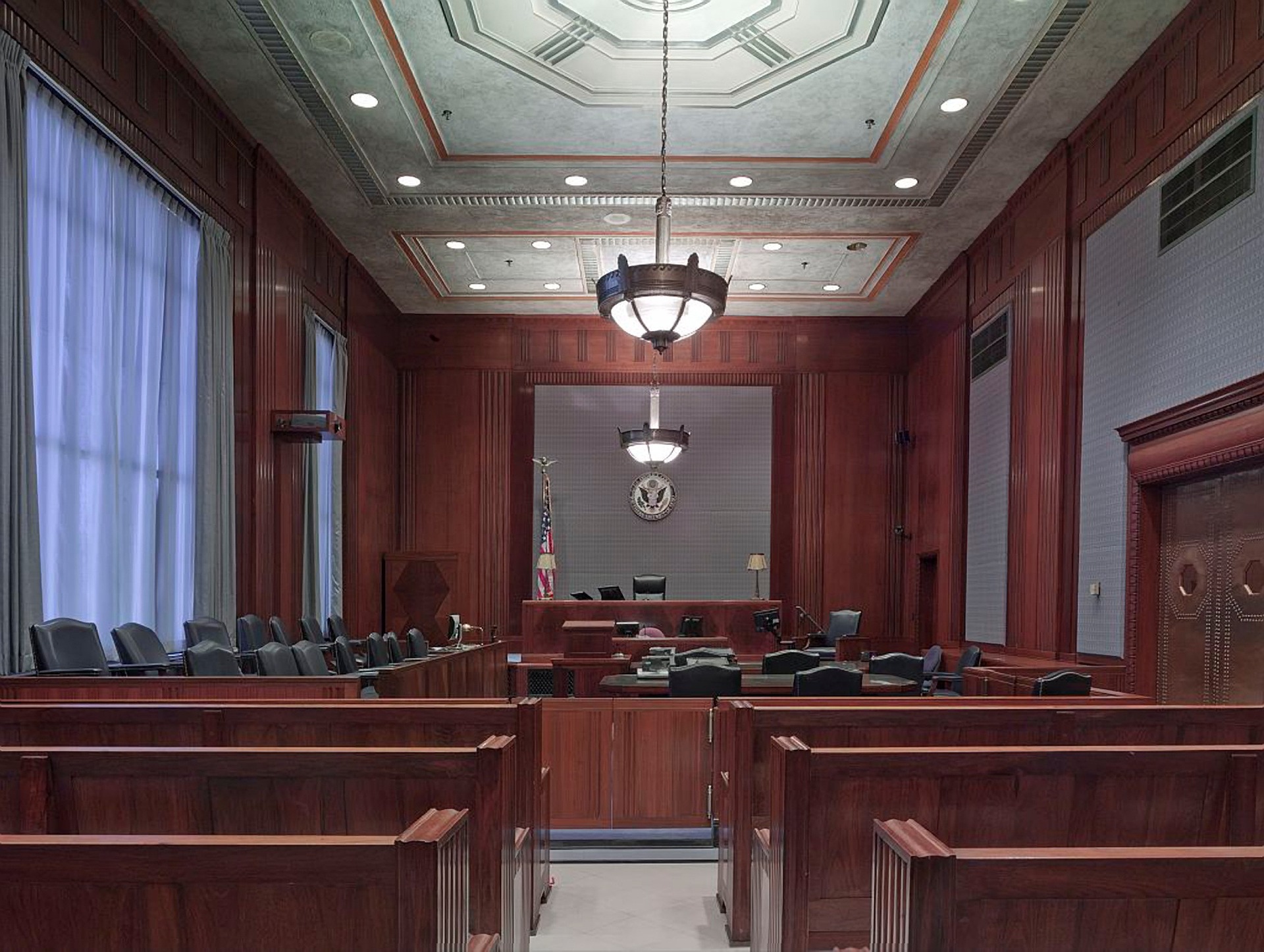 Tenure is a crucial foundation for academic freedom at colleges and universities. Once professors receive tenure, they have a lifetime job from which it is very difficult for them to be fired. Nonetheless, tenure alone does not insulate a faculty member from institutional pressure. After all, the school still sets pay and benefits, chooses recipients for grants and awards, sets teaching assignments and schedules, and more. Faculty members in the sciences, whose research depends on access to expensive labs and equipment, are particularly dependent on financial support from their institutions.
Tenure is a crucial foundation for academic freedom at colleges and universities. Once professors receive tenure, they have a lifetime job from which it is very difficult for them to be fired. Nonetheless, tenure alone does not insulate a faculty member from institutional pressure. After all, the school still sets pay and benefits, chooses recipients for grants and awards, sets teaching assignments and schedules, and more. Faculty members in the sciences, whose research depends on access to expensive labs and equipment, are particularly dependent on financial support from their institutions.
In a decision issued in early March in Henry Wortis v. Trustees of Tufts College, the Massachusetts Supreme Judicial Court took on the question of what protections tenure gives professors from pay cuts and loss of access to lab space. The case was brought by eight faculty members at the Tufts University School of Medicine—including Henry Wortis, a Professor of Immunology—who were granted tenure at various points between 1970 and 2009. In 2017 and 2019, Tufts adopted new policies under which professors who failed to cover a certain percentage of their salaries with external grants could have their pay reduced. These policies resulted in very significant decreases in compensation for the plaintiffs: Wortis’s annual salary, for instance, fell from approximately $190,000 to around $97,000. Many of the plaintiffs also had their appointments reduced to less than full-time, potentially exposing them to tenure revocation procedures. Additionally, in 2016, Tufts also adopted a policy tying the availability of lab space to the coverage of indirect costs by external grant funding brought in by faculty members. Several of the plaintiffs had their lab space reduced under this policy, impeding their ability to conduct research.
After pursuing an internal grievance procedure, the faculty plaintiffs sued the university in 2019 for breach of contract and other claims, based on both the reduction of the compensation and the loss of lab space. A Superior Court judge granted summary judgment to Tufts on all counts, and the plaintiffs appealed. In an opinion by Justice Scott Kafker, the SJC affirmed the judgement with respect to the lab space issue, but reversed on the issue of compensation, sending the case back to the trial court.
 Boston Lawyer Blog
Boston Lawyer Blog
















